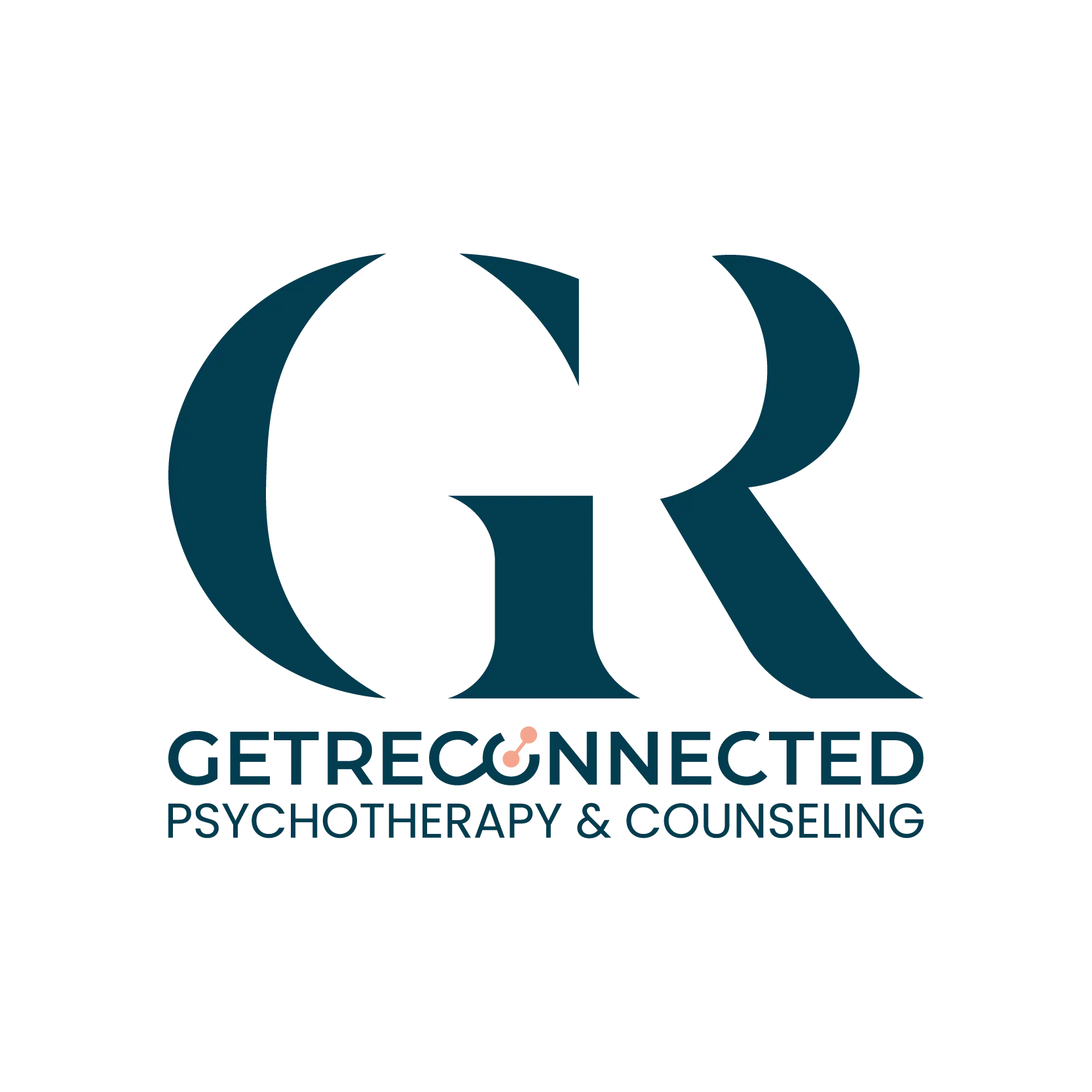Agoraphobia Therapy Services in Toronto
Feeling hostage to your own home? Missing birthdays, dates, and trips to many places? Does it feel like your house is holding you on a leash, and you can only go so far before you feel the tugging?
Living with agoraphobia can feel like you’re trapped inside a box, unable to breathe in crowded places. You might feel embarrassed about your uncontrollable reactions and isolated because others don’t understand your fear.
The constant worry about having a panic attack somewhere with no escape makes every outing feel like being thrown into a tank of sharks. This fear can make you miss out on life, leaving you feeling deeply lonely and stuck.
Let’s change that. If this sounds like you, then you’ve come to the right place. We offer Virtual Therapy (video or telephone) so you can address your fears from the comfort of your own home.
Book a free consultation so we can talk about how we can help.
Book Free Consultation
What Is Agoraphobia?
Agoraphobia is a type of anxiety where you feel very scared about being in places or situations where escaping might be hard or where you might not get help if you have a panic attack.
Because of this fear, you avoid these places or situations. If you do end up in one of these situations, you feel very anxious. Sometimes, you can handle being in these scary places if you are with someone you trust.
- Being home alone
- Leaving the house alone
- Crowds
- Public places like malls, grocery stores, restaurants, and movie theaters
- Air travel
- Enclosed places like elevators and small rooms
- Taking public transportation like buses and trains
- Open spaces like parks or parking lots
- Riding in cars
- Being out of town
For some people, avoiding certain places because of agoraphobia can cause a lot of stress and make it hard to do everyday things like work, travel, go to school, or spend time with family and friends.
There are actually two parts to Agoraphobia: the panic and the agoraphobia
But agoraphobia can happen with or without a history of panic disorder.
Panic disorder involves sudden and repeated panic attacks. These attacks are very frightening, and people often worry about when the next one will happen. They might also fear the results of these attacks, like thinking they might die, lose control, go crazy, or faint. Because of this fear, they might change how they act to feel safer or to try to stop future attacks.
A panic attack is a sudden burst of intense fear or discomfort, with many physical symptoms. These attacks can come out of nowhere or be triggered by a stressful situation. Panic attacks can happen at any time, even during sleep. The fear and discomfort usually peak quickly, often within minutes, but sometimes they build up more slowly, and the physical symptoms take
longer to go away.
Common Symptoms of a Panic Attack:
- Palpitations or a racing heart
- Sweating
- Shaking
- Shortness of breath
- Feeling of choking
- Chest pain or discomfort
- Nausea
- Dizziness
- Tingling sensation or numbness
- Chills or hot flushes
- Feeling unreal
- Fear of losing control
- Fear of dying
What Are Common Agoraphobia Symptoms?
- Rapid heartbeat
- Sweating
- Shaking or trembling
- Shortness of breath
- Feeling of choking
- Chest pain or discomfort
- Nausea or stomach distress
- Dizziness or lightheadedness
- Tingling sensation or numbness
- Chills or hot flushes
Common Emotional Symptoms of Agoraphobia
- Intense fear or anxiety about being in certain places
- Fear of leaving home alone
- Fear of crowds or waiting in line
- Fear of open spaces, like parks or parking lots
- Fear of being in places where escape might be difficult, such as elevators or public
transportation - Fear of being alone in any situation
- Feeling helpless or dependent on others
- Needing a companion to go to places
- Fear of losing control or going crazy
- Fear of dying
What are the Causes of Agoraphobia?
1. Genetic Predisposition:
- Family history of anxiety disorders or agoraphobia can increase the likelihood of
developing the condition.
2. Stressful Life Events:
- Traumatic or stressful events, such as the death of a loved one, job loss, or significant
personal conflict, can trigger agoraphobia.
3. Panic Disorder:
- Experiencing repeated panic attacks, especially in certain situations or places, can lead
to the development of agoraphobia as a way to avoid these triggers.
4. Temperament:
- Individuals who are naturally more anxious or sensitive to stress are more prone to
developing agoraphobia.
5. Learned Behavior:
- Observing or learning about someone else’s fearful experiences can contribute to
developing agoraphobia.
6. Environmental Factors:
- Growing up in an environment where fear and anxiety are common can influence the
development of agoraphobia.
7. Chemical Imbalance:
- Imbalances in brain chemicals, such as serotonin, may play a role in the development of
anxiety disorders, including agoraphobia.
Agoraphobia Treatment Options
- Cognitive Behaviour Therapy (CBT) for Agoraphobia
- Exposure Therapy for Phobias
- Mindfulness Interventions
Agoraphobia Therapy Treatments at Get Reconnected Psychotherapy Services
At Get Reconnected Psychotherapy Services, we offer a unique approach to treating agoraphobia by focusing on the mind-body connection during our sessions. Our goal is to help you transform your relationship with your fears and regain control of your life.
We understand that everyone experiences agoraphobia differently, so we tailor our methods to address the specific panic-like symptoms you experience. We focus on both the physical and mental aspects of what is happening to you, providing personalized care to meet your individual
needs.
How We Can Help You with Agoraphobia
Confront and Manage Your Fears:
Reduce Anxiety:
Identify Triggers:
Build Confidence:
Change Negative Thought Patterns:
Calm Your Mind:
Re-engage in Life:
Our Approach to Treating Agoraphobia
- When did you first start experiencing this fear?
- How does this fear affect your daily life?
- How do you currently cope with your fear?
Our 8-Step Therapy Process for Agoraphobia
01. Initial Assessment
02. Goal Setting
03. Proven Therapeutic Techniques
04. Regular Sessions
05. Active Involvement
06. Anxiety Management Techniques
07. Gradual Exposure
08. Continuous Evaluation
Our Phobia Therapist







